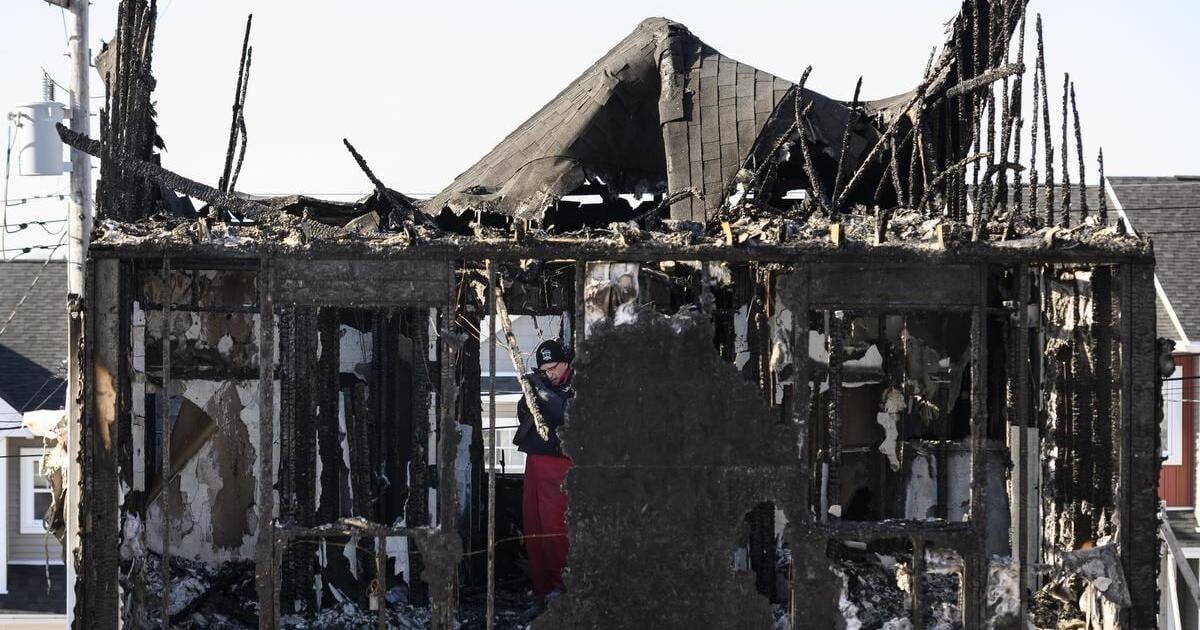From 1972 to 1979, Tory was hired by family friend
Ted Rogers as a journalist for Rogers Broadcasting's Toronto radio stations
CFTR and
CHFI. From 1980 to 1981, and later from 1986 to 1995, Tory held various positions at
Tory, Tory, DesLauriers & Binnington including partner, managing partner, and member of the Executive Committee.
From 1981 to 1985, Tory served in the office of the
Premier of Ontario,
Bill Davis as
principal secretary to the Premier and associate secretary of the cabinet. After Davis retired as premier in 1985, Tory joined the office of the Canadian Special Envoy on
Acid Rain, as special advisor. The special envoy had been appointed by the federal government of
Brian Mulroney to review matters of air quality with a
United States counterpart. Tory supported
Dianne Cunningham's bid to lead the provincial Progressive Conservative Party in 1990.
Tory later served as tour director and campaign chairman to then
Prime Minister Brian Mulroney, and managed the
1993 federal election campaign of Mulroney's successor,
Kim Campbell. In his role as the Progressive Conservative campaign co-manager that year, he authorized
two infamous campaign ads that ridiculed Liberal candidate Jean Chretien's face, which is partially paralyzed due to a childhood disease. The ads were greeted with much outcry among the Canadian public. They were withdrawn 10 days after their first airings, and the Progressive Conservatives would proceed to be decimated in the federal election.
From 1995 to 1999, he returned to
Rogers Communications Inc., but this time as president and CEO of Rogers Media which had become one of Canada's largest publishing and broadcasting companies. Rogers has interests in radio and television stations, internet, specialty television channels, consumer magazines, trade magazines and, at the time, the
Toronto Sun and the
Sun newspaper chain.
In 1999, he became president and CEO of Rogers subsidiary
Rogers Cable, which he led through a period of transition from a monopoly environment to an open marketplace, overseeing a significant increase in operating income. Tory stepped down after
Ted Rogers announced that he would stay on as president and CEO of parent company Rogers Communications. He served as the
ninth commissioner of the
Canadian Football League from 1996 to 2000.
Tory continued to have an interest in being a broadcaster throughout his life and, as a Rogers executive, hosted a public affairs program on Rogers Cable's
community access channel for many years. He sat as a board member of
Metro Inc., the Quebec-based parent corporation for Metro and Food Basics grocery stores.





